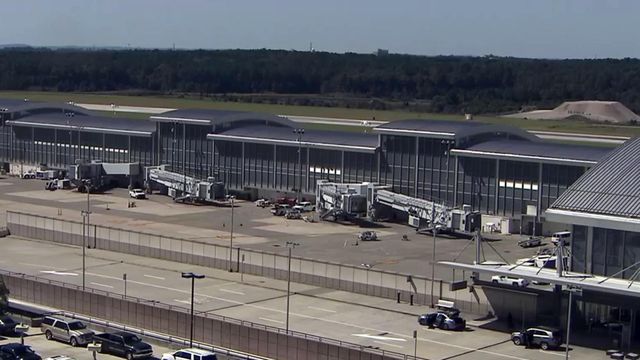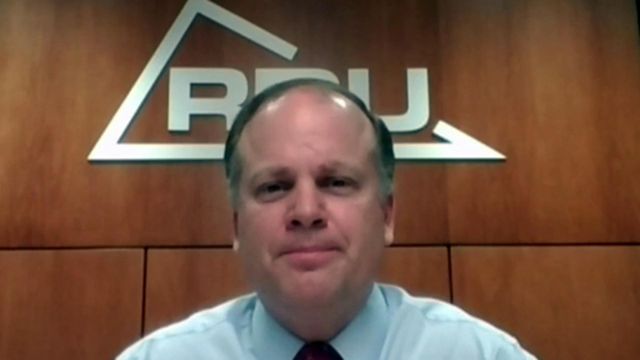More than 700 airline workers in Triangle furloughed as time runs out on pandemic aid
U.S. airlines began furloughing more than 30,000 employees Thursday as federal aid during the pandemic ran out and a prohibition on job cuts expired.
The losses include more than 700 pilots, flight attendants and ticket agents at Raleigh-Durham International Airport and Cary, where American Airlines has a reservation call center.
The CARES Act that Congress approved in April provided $25 billion in aid to airlines as traffic nosedived during the coronavirus pandemic. But Congress has yet to agree on a new stimulus package, and a provision in the CARES Act that banned furloughs ended Thursday.
American Airlines is now cutting 19,000 jobs, and United Airlines another 12,000.
Delta Airlines and Southwest Airlines, which entered the pandemic in stronger financial shape than American or United, have shed thousands of jobs through voluntary departures but don’t plan to lay off workers immediately.
RDU received nearly $50 million from the CARES Act to help keep its operations going, but it isn't laying any employees off for now.
"We're operating on a survival budget right now that's about half of what we expected to spend in this fiscal year," RDU spokeswoman Stephanie Hawco said.
The airport served 14 million passengers last year, but Hawco said 5 million will be a stretch this year. Passenger traffic was down 97 percent in April, but it has held steady in recent months at about a 72 percent loss, she said.
"We're basically trying to keep the lights on throughout the recovery," she said. "We think it could take five or six years for the industry to bounce back, and when I say recovery, I mean 80 percent of where we were last year."
Layoffs are likely to drag on until most people feel safe about boarding planes again, said North Carolina State University economist Mike Walden.
"I think that probably won't be – and I know it won't be – until we have a vaccine and we get enough people to take a vaccine, and then we will see a recovery," Walden said.
Rose Lalumia took her first fight on Thursday since the pandemic began and said she felt a little jittery about it.
"[It's] not too bad because it's been a while, and people are starting to fly and being cautious," Lalumia said.
Walden said it's critical that Congress pass another stimulus package.
The airlines and their labor unions are lobbying for another $25 billion in taxpayer money to pay workers for six more months, through next March. But House Democrats and the White House are still far apart on a larger relief bill that could include airline aid.
"If we lose an airline – or several airlines – that's not a business where you can just pick up where you left off," Walden said.
"We believe the airport is very important to the local economy," Hawco said. "It supports a lot of regional jobs, like 86,000, so it's very important the airport is healthy."
Walden agrees, saying the furloughs and layoffs ripple through the economy.
"For every dollar someone loses in income, someone else loses another dollar," he said.











